-
•
•
6 responses
The Malian presidential elections have run their course and have produced a new president of Mali, Ibrahim Boubacar Keita. The second runner Soumaila Cisse has conceded and congratulated the new president. The election ran in two phases, first between all 28 candidates, and then a second phase between the two front runners. After the first phase, Keita had 39% and Cisse 19%. There was, as we know from an earlier blog, an LDS candidate, Yeah Samake. He ended with 0.56% in the first run, and has extended his congratulations to the winner. For our Mormon fans of Samake, some questions… Read More
-
•
•
29 responses
I thoroughly enjoyed Rosalynde’s FAIR talk, “Disenchanted Mormonism”! Thank you, Rosalynde! I really like the way she presents doubt as something that can be a productive and legitimate place to inhabit indefinitely, even while there is an active hope for greater knowledge and confidence in the future. I also really like how she embraces what we don’t choose, including the fact that we (at least many of us) are members of the body of Christ and of the church largely independent of personal choice. I have a question for Rosalynde, though: isn’t there still a pretty significant form of belief,… Read More
-
•
•
25 responses
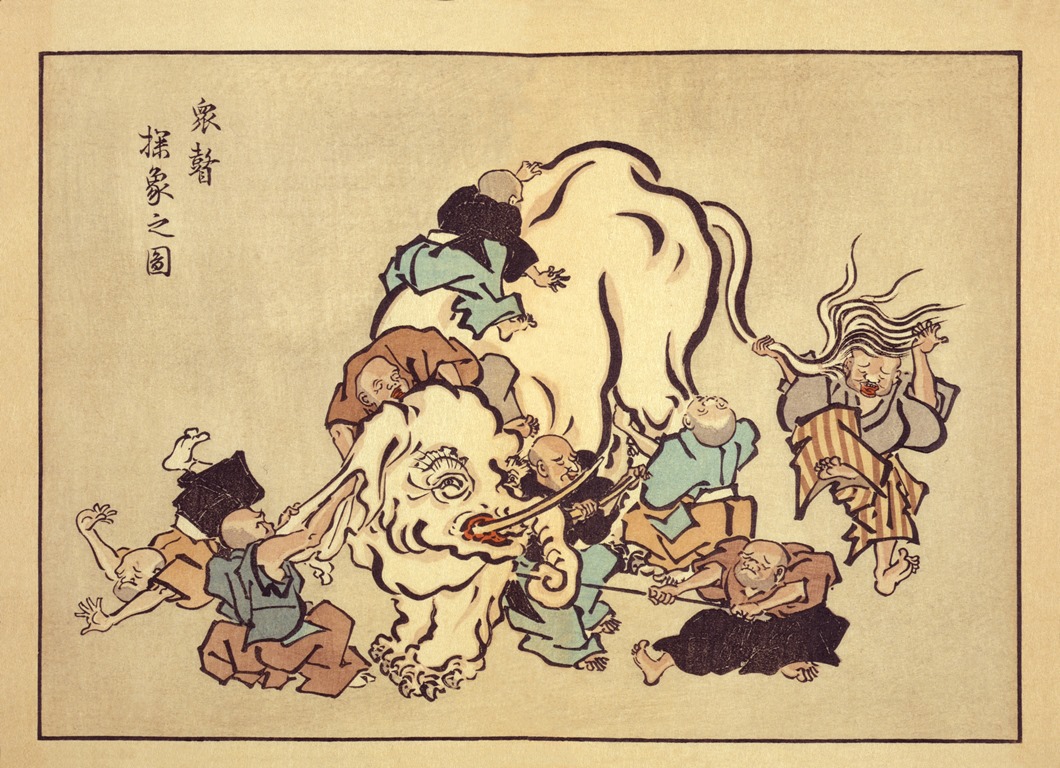
The story of the blind men and the elephant is as useful as it is widespread. It features in Jain, Buddhist, Sufi and Hindu lore and has also been applied in modern physics and biology. In case you haven’t heard it before, the essence of the story is that a few blind men each touch a different part of an elephant (like the tail or ear or leg or tusk) and each conclude that the elephant is like the part that they see (brush, fan, pot, or spear). Depending on the version of the story, they either cooperate to understand the… Read More
-
•
•
2 responses
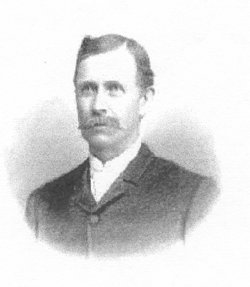
When we speak of unity it is often difficult to understand exactly what we need to do to achieve it. The teachings of Lorenzo Snow in the current Priesthood/Relief Society lesson manual (lesson 16) try to address this, but I’m not quite sure that they give the specifics needed. Should we be united politically? What does such unity mean? There are many elements of society today that are by nature divisive, and politics is clearly one of them. Does the gospel offer a better way to decide political questions, a more united way? The author of the following poem seems… Read More
-
•
•
The doctrine of eternal marriage, discussed in D&C Gospel Doctrine lesson 31, is clearly tied to the priesthood (the authority by which such marriages are performed) and to salvation, for salvation in the eternal kingdom is dependent on sealing, both to parents, to spouse and to children. The following poems addresses the role of sealing in our understanding of priesthood and of salvation. Read More
-
•
•
4 responses

There have been LDS art contests in the past, either sponsored by LDS church institutions or by private organizations, but none have yet focused on Heavenly Mother as their theme. That changed this month with the newly announced A Mother Here Art and Poetry Contest. Aiming to stimulate the visual and poetic expression of Heavenly Mother, as well as highlight the nascent divinity that resides in women as well as men, monetary prizes in excess of $2200 will be awarded to the best entries. The contest accepts two-dimensional art submissions to be considered in its visual arts awards, and all… Read More
-
•
•
8 responses
Over at Keepaptichinin, Amy Tanner Theriot has a wonderful post talking about family associations, and providing some guidelines for how to put together a successful association. In the post, she mentions that family associations can qualify as 501(c)(3) tax-exempt entities. At the mention of Code sections (and revenue rulings!), my ears perk up, and I thought I’d give a little more information about the tax side of such organizations. But before you read my post, you need to read Amy’s. Because everything I know about family associations I learned reading her post, then doing a little Westlaw research. Because of… Read More
-
•
•
8 responses
My friend and neighbor has written a beautiful parable that I am pleased to share with you today. David Harding works actively in his ward and neighborhood. His daughter is my daughter’s best friend. As those of you with children know, it is a great blessing to have your offspring fall in with good people who help support them as they grow into themselves. Periodically, maybe once or twice a year, David writes something that he thinks could be shared beyond his close circle. The topics range, but as often as not they are gospel related. And so I’m introducing David,… Read More
-
•
•
32 responses

Last week I wrote about the conflict between a basic axiom of human behavior (we tend to see ourselves as heroes in our own stories and rationalize our behavior accordingly) and the requirement that sinful actions be in some sense deliberate in order to be sinful. I did this primarily by suggesting that, while the original commission of a sinful act often occurs under duress of some sort (thus mitigating against it’s nature as a deliberate choice), we frequently compound that sin by subsequently trying to rationalize it. I’d like to conclude (for now, anyway) my posts on this subject by… Read More
-
•
•
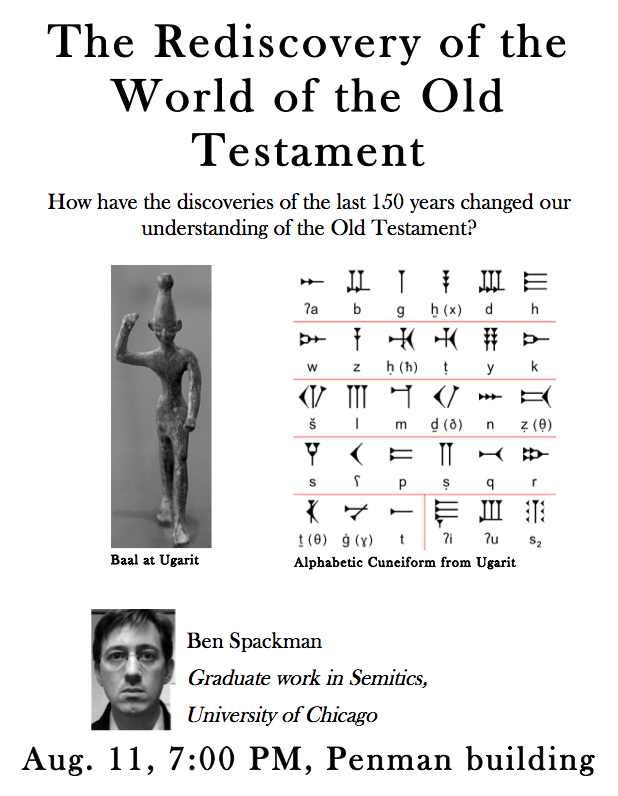
I wrote some lectures on the Bible to present in Paris, although due to scheduling and communication conflicts, only the first was actually delivered. I’m now scheduled to do two of them in Jacksonville, FL in the next two weeks. These will be held at the LDS Chapel on 440 Penman Rd. in Jacksonville. The first is next Sunday at 7PM (flyer below), the second (similar to my presentation here) will be Friday the 23rd, same time and place. Given that I speak English slightly better than French, these will probably be a bit more spontaneous and expansive. If you’re… Read More
-
•
•
2 responses
Our doctrine of performing ordinances on behalf of the dead is unusual among the religions of the world. Many religions pray for the dead, Mormonism actively performs the same saving ordinances that the living must have. These teachings were introduced during the Nauvoo period, and baptisms for the dead were performed in the Mississippi at that time, until the basement of the Temple was complete and ordinances could be performed there. At that point Mormonism learned that these ordinances belonged in the Temple, and this understanding was captured in the following poem by William Wines Phelps, written for the dedication… Read More
-
•
•
For many members of the Church the most intense period of “faithful, energetic service in the Kingdom of God” during our lives is our missionary service. So it is no surprise that many of the ideas expressed in the Teachings of the Presidents of the Church: Lorenzo Snow lesson #15 are characteristics that we associate with missionaries—service as “ambassadors of Christ,” and “helping others receive salvation” are quickly listed as things that we too should adopt in our service in the Kingdom. Often we use missionary service as an example for how our own service should be conducted. But, this… Read More
-
•
•
9 responses

My main motivation was jealousy. I was fantastically jealous that my wife was running the coolest book club I’d ever seen.[1] Read More
-
•
•
20 responses

The textbook definition of sin is doing something that you know to be wrong. And yet, as has been frequently noted in fiction, villains (almost) never think to themselves, “Gee, I’m doing something wrong now.” We each live out narratives in which we star as the protagonist. We are the heroes of our own stories. How can we reconcile these two notions: first, that sin requires a knowledge that what we are doing is wrong and second, that no one really believes what they are doing is wrong at the time that they do it? I’m going to rely once… Read More
-
•
•
3 responses
I’ve long thought that Nauvoo was a kind of Mormon Camelot, a shining, hopeful city built on consistent, righteous principles that fell apart amid internal dissension. While I wouldn’t push the analogy too far, I think it kind of works on the surface, especially given the standard portrayal of Nauvoo in lessons like Doctrine and Covenants Gospel Doctrine lesson 29 and in the following poem. Read More
-
•
•
15 responses

The first time I remember, it happened – of course – because I was searching for things on the internet. If I remember correctly, it even happened because I was researching for a Sunday School lesson. I read about Gallatin Missouri Read More
-
•
•
19 responses
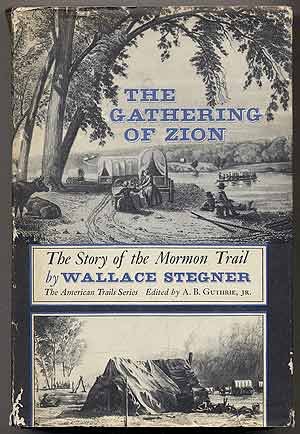
It’s no surprise that my favorite book about the pioneers was not written by a Mormon. Read More
-
•
•
13 responses

I’d never seen anything like it. It wasn’t just Mormonism: Shadow or Reality? (which was opened on the living room coffee table with a pen resting on top). There was a pile of anti-Mormon literature in various stages of being read sitting around the room. Read More
-
•
•
11 responses
What kind of associations does the idea of fishing raise for you? Leisure time? Quiet? Peace? Stillness? (Hopefully not a few beers.) Read More
-
•
•
160 responses
The gospel of Jesus Christ is a rich, complex, and beautiful thing. It can’t be fully absorbed in one sitting, or one decade, or one lifetime. The gospel is information-rich. A recent New York Times article talks about Mormons who are led to question their faith by information about the church that they find, e.g., on the internet. The article seems to suggest that the gospel cannot survive in an information-rich environment. Mormons believe, however, that “the glory of God is intelligence” (D&C 93:6), and “It is impossible for a man to be saved in ignorance” (D&C 131:6). Information, learning,… Read More
-
•
•
50 responses
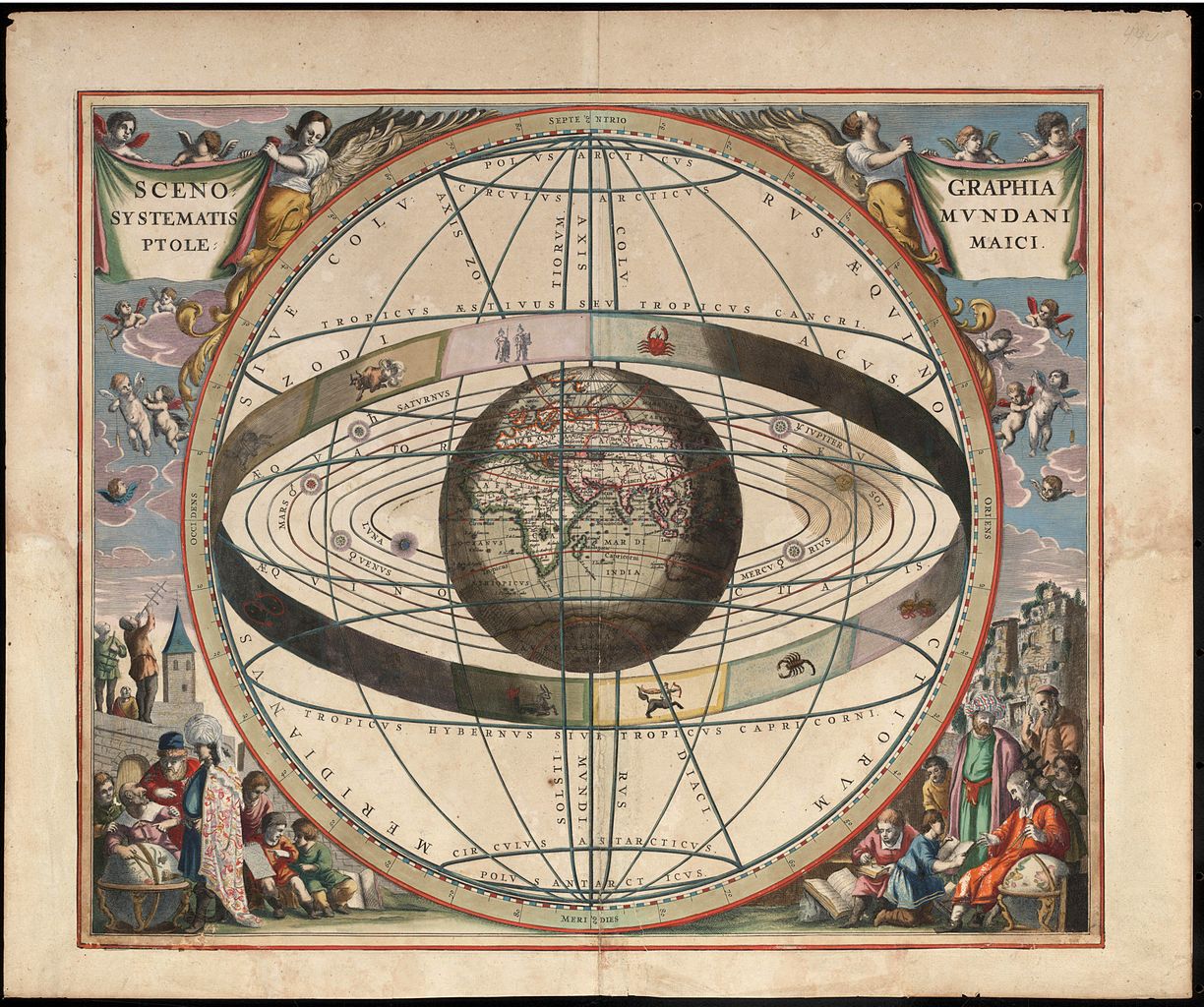
Malicious compliance is the idea of using the letter of the law to intentionally violate the spirit of the law. It is perfect obedience. It is also sabotage. Since so much trouble seems to arise from the gap between the letter and spirit of the law, we might reasonably ask: why not close the gap? Why not just write down the spirit of the law in the first place? I think the answer is at least in part that whatever is written down and then read and interpreted by a human being is necessarily going to fall short of the spirit.… Read More
-
•
•
14 responses
You are probably familiar with Mark 2:1-12, because it is hard to forget a story about a guy getting lowered through a roof. Read More
-
•
•
Despair is, I think, one of the most difficult parts of the human condition. While the sources of our despair today are very different from those suffered by the early saints, the feelings are just as real and difficult. Where do we turn for peace? The following poem explores the despair we all feel—the same discussed in Doctrine and Covenants Gospel Doctrine lesson #28—and provides an answer to it. Read More
-
•
•
40 responses
In a recent facebook thread (sparked by this post at Patheos), commenters have been talking about intellect and Mormonism. That conversation helped crystallize some thoughts that have been percolating in my mind for a while, about how the LDS community has a complicated and sometimes conflicted discourse about the importance of intelligence, intellect, and education — and some of the interesting ways in which that tension plays out. On the one hand, there is a significant strand of LDS thought that puts extremely high value on intelligence. The paradigmatic statement here, of course, is that “the glory of God is… Read More
-
•
•
16 responses

Yes. I mean, I don’t know exactly, but still, yes, probably. Read More
-
•
•
9 responses

Almost 7, in the village church of Kernascléden, in the heart of Brittany, which is the heart of Catholicism in France. The sign on the door says Vespers are at 7, just like they are every night, even tonight, July 14, when most people in France are singing the Marseillaise instead of the Gloria. I always like Vespers, but I wonder what in the name of the Abbé Sieyès they could possibly sound like in a remote place like this? A harried five-parish pastor coaxing along a few reedy voices? Not exactly. Two youngish nuns in tan habits enter the… Read More
-
•
•
43 responses
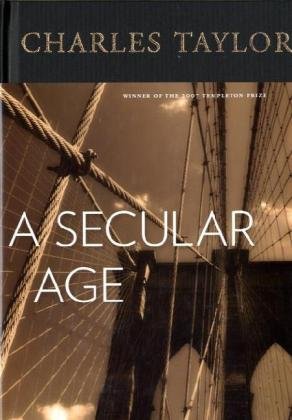
The principle behind Mathew 10:34 (“Think not that I am come to send peace on earth: I came not to send peace, but a sword”) is not that Jesus came to foster contention (see, e.g., 3 Nehi 11:29), but that the presence of the Savior forces people to make decisions. C. S. Lewis’s trilemma is an example of what I have in mind: we must accept that Jesus was mad, that he was evil, or that he was divine. That he was a nice guy who taught good principles but was not divine is not compatible with the textual description of… Read More
-
•
•
28 responses
A good portion of the next RS/PH lesson concerns the story where Jesus states that it is easier for a camel to go through the eye of a needle than for a rich person to enter God’s kingdom. Read More
-
•
•
2 responses
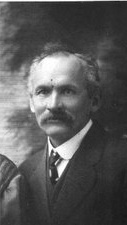
What do we mean when we talk about help from God? Our religion, and lesson 14 in the Lorenzo Snow manual, teaches us that we should rely on God for the help. Yet when we think about how this help actually works, it isn’t about God doing things for us, at least not usually, its about the guidance and strength that he gives us so that we can do what needs to be done ourselves. That is the strength that is described in the following poem. Read More
-
•
•
We often assume in our perception of trials and challenges that the trials aren’t our fault, that these challenges are something that happens to us instead of something that happens as a result of our choices. While it is certainly true that some trials—natural disasters for example—are not by our choice, others are at least the consequence of our own choices. And, in some cases, we actually choose to undertake things that we know will be difficult. Does that mean that they are not still trials? Doctrine and Covenants Gospel Doctrine lesson 27 illustrates this. The Church members during the… Read More
